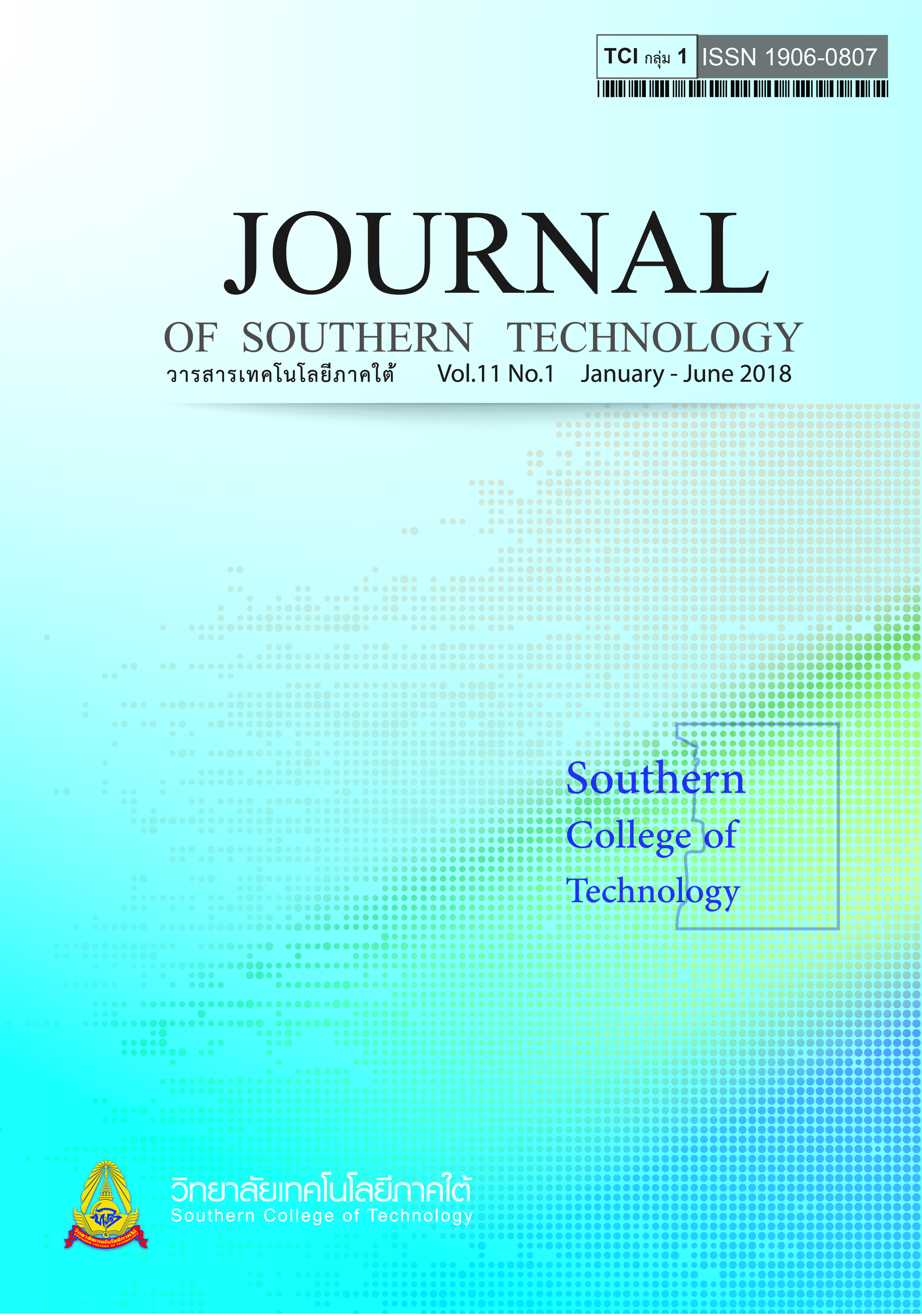The Democratic Political Culture of the Undergraduate Students Mahidol University, Salaya Campus
Main Article Content
Abstract
The purposes of this research were (1) to examine levels of the democratic political culture and the democratic political participation behavior, (2) to determine factors influencing the democratic political culture, and (3) to determine relationship between the democratic political culture and the democratic political participation behavior of undergraduate students. The sample size composed of 386 undergraduate students at Mahidol University, Salaya Campus. The statistical tools used for data analysis were percentage, mean, standard deviation, Stepwise Multiple Regression Analysis, and Pearson’s product moment correlation coefficient at the .05 level of significance.
The results found that the democratic political culture and the democratic political participation behavior of the undergraduate students at Mahidol University, Salaya campus were at a high level. There were no significant relationships between the democratic political culture and the democratic political participation behaviors. In addition, the hypothesis testing indicated that the factors influencing democratic political culture of the undergraduate students composed of knowledge and understanding of democratic form of government, political socialization process, and personal factor concerning program of study.
Article Details
-
Authors must agree to the journal publication rules and allow the editors to edit the manuscripts for publication.
-
Author’s right belongs to the author but Journal of Southern Technology holds the right of first publication and thus allow readers to use the article for the purpose of education but not commercial.
References
Chareonwongsak, K. (2012). Siam Araya Manifesto: Siam Civilization Statement. Bangkok: Success Media Co., [in Thai]
Jaros, D. (1973). Socialization of Politics. New York: Praeger Publisher, Inc.
Nakata, T. (2000). Thai Democracy. Bangkok: Sahy Block and Karnpim Ltd. [in Thai]
______________. (2003). Thai Culture Lifestyle in the Politics of the New Generation. Bangkok: Sahy Block and Karnpim Press. [in Thai]
Phongphaew, P. (1983). Thai Political News. Bangkok: Saksopa Press. [in Thai]
Promgrid, P. (2014). Democracy development and democratic political culture building. Parliamentary Journal, 62(7), 9–43. [in Thai]
Ratmanee, Y., Chanil, T., Kunprakob, W., & Srion, U. (2014). Political participations and elections of students in Nakhon Si Thammarat Rajabhat University. Journal of Humanities and Social Sciences, Thaksin University, 9(2), 121-124. [in Thai]
Taboonpong, P. (2007). The Democratic Political Culture of Secondary’ Teachers Public School in Changwat Phetchburi. B.A. Independent Study (Political Science), Kasetsart University. [in Thai]
Thamrongthanyawong, S. (1999). Politics: Concept and Development. Bangkok: Sema Dharma Publishing. [in Thai]
Trakulsom, K. (2002). The Democratic Political Culture: A Case Study of Royal Aide de Comp department. M.A. Thesis (Political Science), Kasetsart University. [in Thai]
Unjan, P. (2005). Democratic Political Culture of Students: A Comparative Study of Kasetsart University Students and Ramkhamhaeng University Students. B.A. Thesis (Political Science), Kasetsart University. [in Thai]

